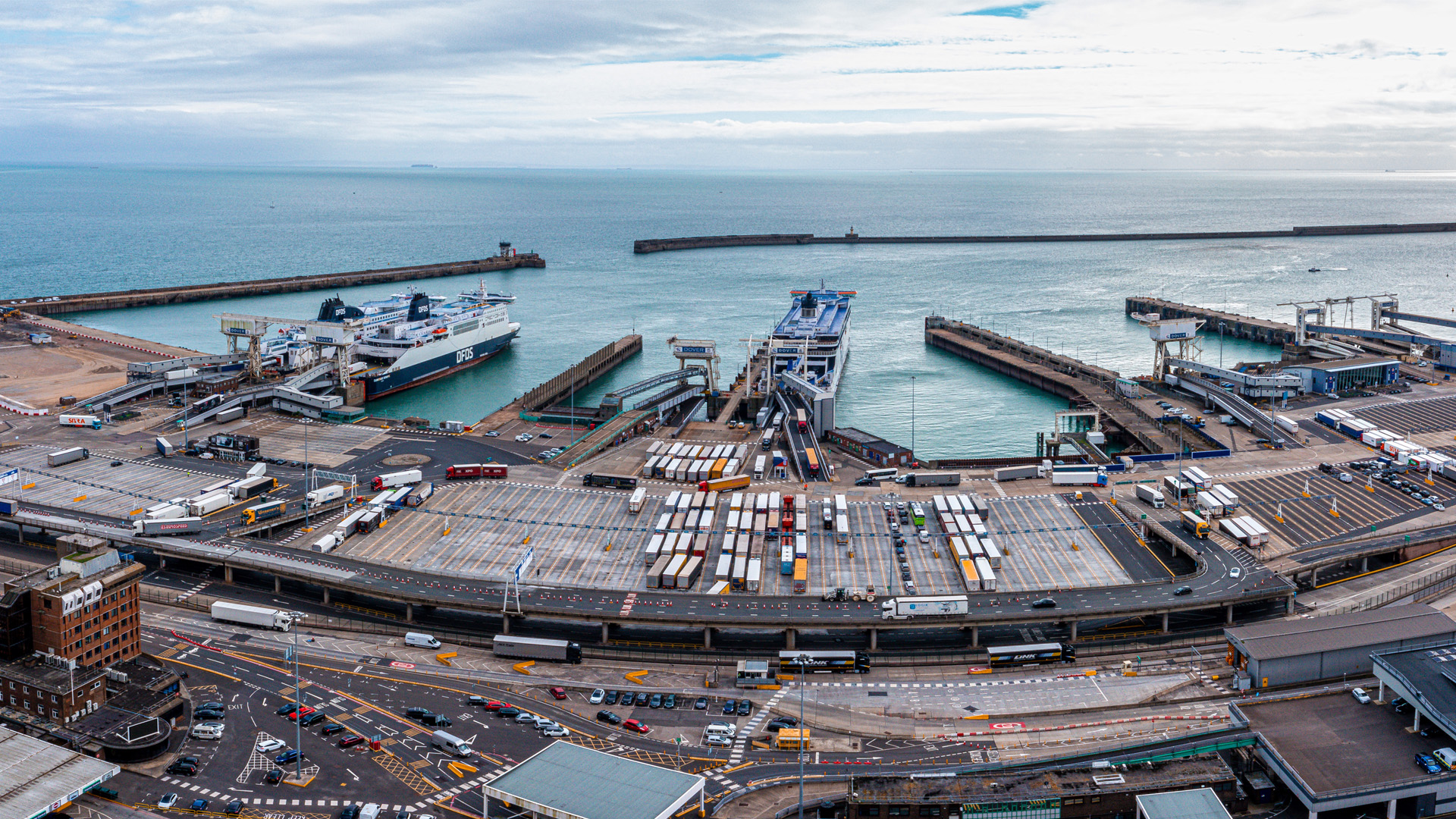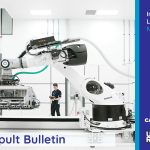Researcher in Residence: Electrifying the maritime sector

A new research project is set to address the growing concern of environmental pollution in the UK maritime sector. Led by Arijit De from the University of Manchester, the proposal will focus on fuel bunkering and vessel charging operations in collaboration with Connected Places Catapult and the Innovation Launchpad Network+.
Environmental pollution in the maritime sector is a growing concern, prompting the International Maritime Organisation (IMO) to set stricter limits on air pollutants like carbon and sulphur. In response, ship owners are seeking cleaner fuel options and considering electric vessels. With the UK government’s push to lead in zero-emission shipping, the focus is on cleaner fuels and electric vessel deployment.
The maritime industry emitted approximately 1.2 gigatons of carbon dioxide equivalents in 2020. To comply with IMO regulations, ships must use low-sulphur fuel, but not all vessels can transition easily. Therefore, ports must offer various fuel types to accommodate different ships.
For UK ports to provide greener fuel oils and electric vessel charging, it is imperative to have a strong understanding about their fuel bunkering and electric vessel charging operations, to lower the extra costs, carbon footprint incurred due to inefficient planning and leading to lowering of service level.
The work will study fuel bunkering and electric vessel charging operations at various UK ports. The specific objectives to achieve this by developing two optimisation models focussing on bunkering and vessel charging operations as well as building an agent-based simulation model addressing both operations simultaneously. The models developed would be deployed to UK ports as digital tools while closely working with Catapult Connected Places. The digital tools would facilitate the decision-making process and ensure that UK ports better plan their bunkering and vessel charging operations while maximising the operational efficiency and service level, lowering the cost components and carbon footprint.
How will it work?
The project would be comprising of five distinct objectives, the first is to try to understand fuel bunkering and other inter-related maritime operations. Development of optimisation model to address port’s fuel bunkering operations will come next and then an investigation of the port’s electric vessel charging operation through development of optimisation model. Following these objectives, there needs to be development of an agent-based simulation model to study the characteristic of fuel bunkering and electric vessel charging operations and finally, demonstrate the applicability of agent-based simulation at port considering real-world business constraints and what-if scenarios.
Arijit De said of the project: “This is a state-of-the-art research project exploring the bunkering and electric vessel charging operations at the UK ports for different types of fuel oils including the alternate and conventional fuel oils. The project would investigate the complexity around the decision making for these two critical port operations.”



